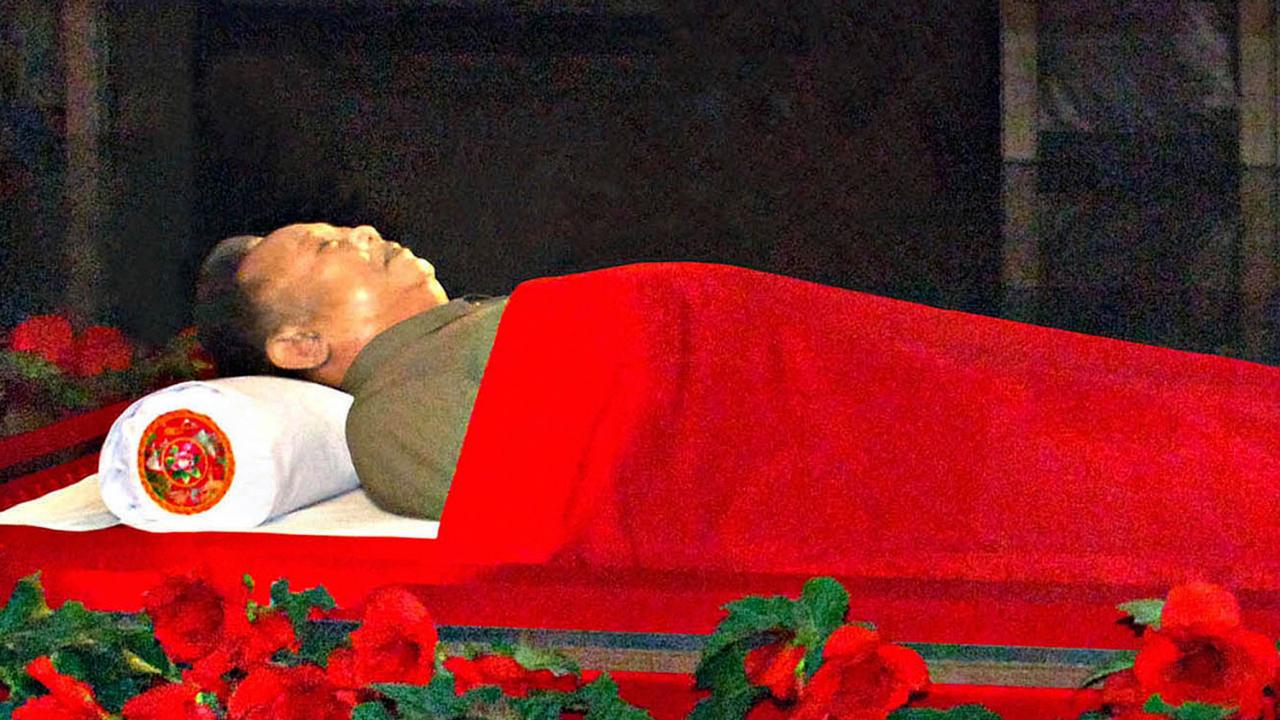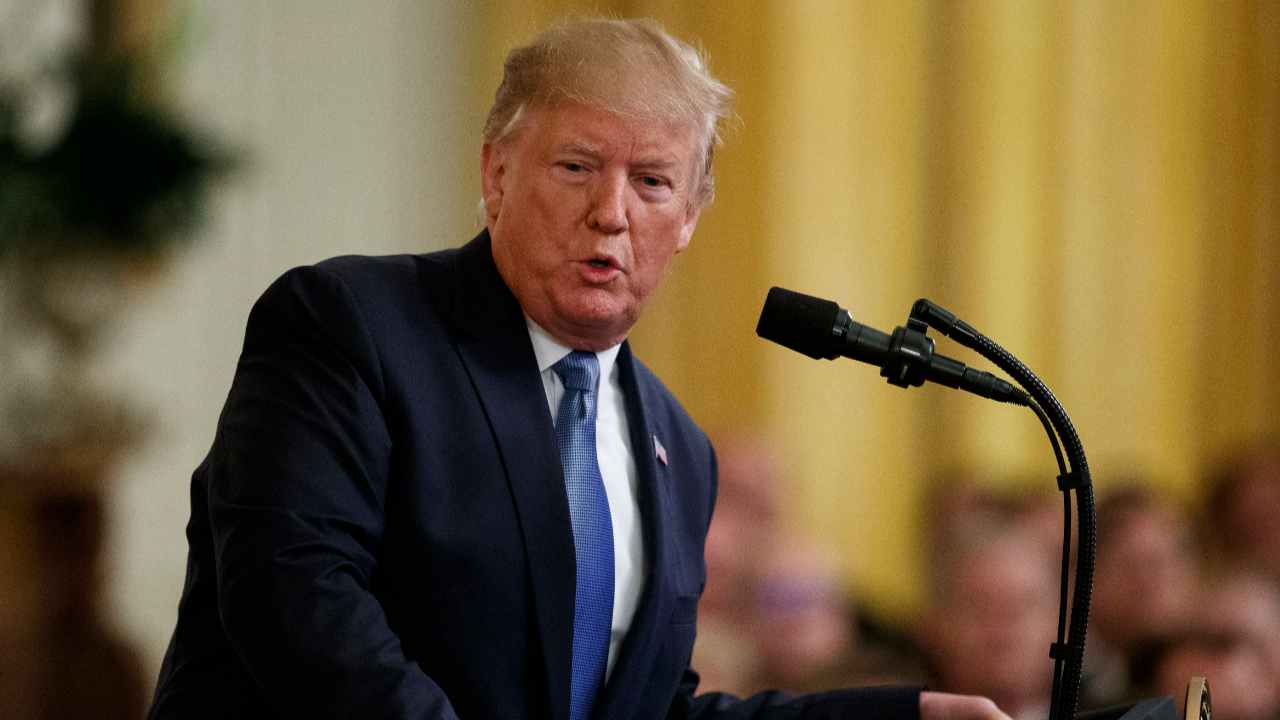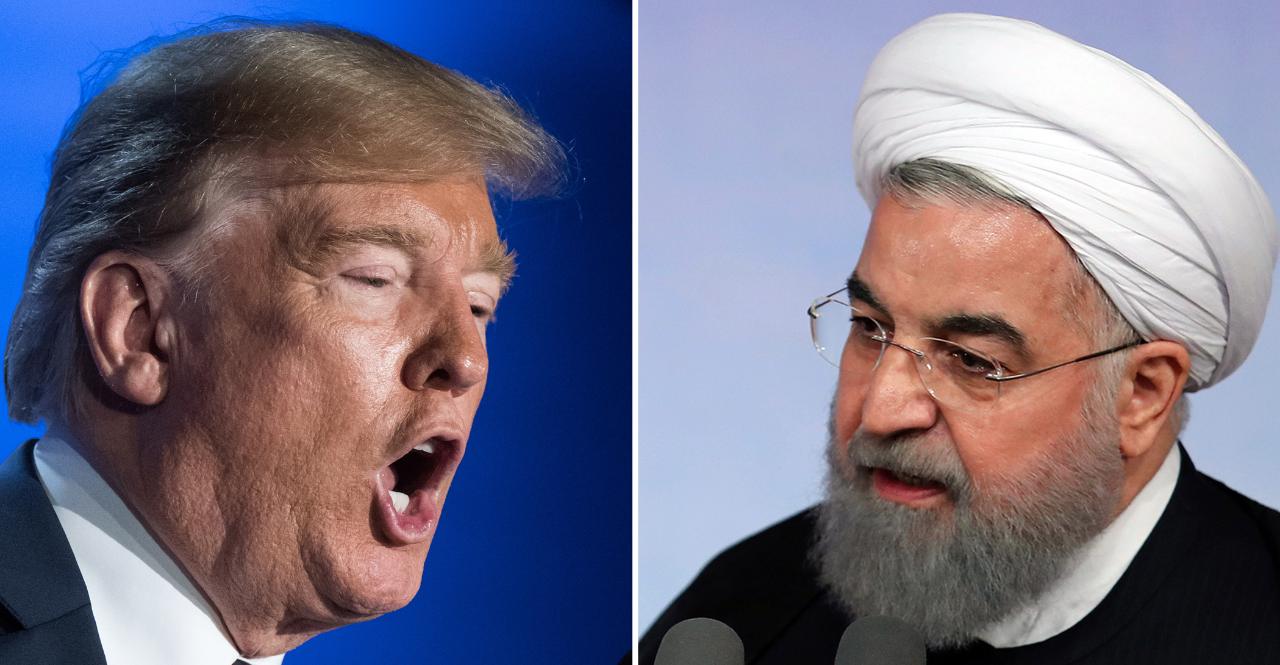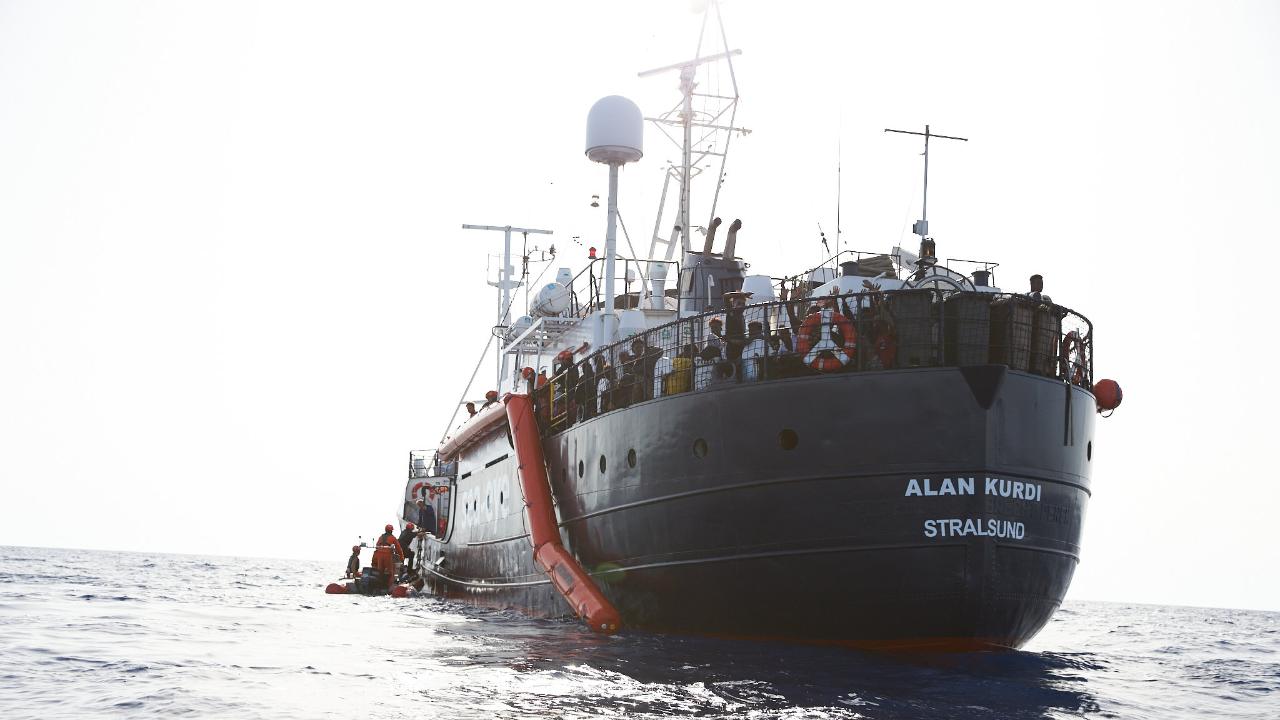What the US Ambassador hopes to see from Germany

Richard Grenell (52) has been the US Ambassador to Berlin for one year now. In the following interview with BILD he explains what he hopes to see from Germany.
BILD: Mister Ambassador, for exactly one year now, you have been arguing that German companies should not do business with Iran. Now Iran is partly retreating from the 2015 nuclear deal. Do you view this step as a success?
Richard Grenell: “The aim of the United States and of the German government is to guarantee that Iran does not have access to nuclear weapons. Everything that helps to prevent the regime in Iran from gaining access to funds in order to promote its malicious activities is a step in the right direction.”
BILD: The US has designated Iran’s Revolutionary Guard Corps as a terror organisation. Do you expect something similar from Germany?
Grenell: “I leave that to the Germans to figure out. My position here – paid for by the American taxpayer – is to push American policy. On the issue of Iran sanctions: The German companies get to decide what they want to do. We also, at the same time, get to have our own policy. You can do business in Iran all you want, but we get to have a policy on the visa side that if you do, we’re not comfortable having you come into our country.”
BILD: You’ve been in Germany since 8 May, 2018 – the day World War II ended. What has surprised you most here?
Grenell: “What has surprised me is how reluctant the Germans are within the E3 – France, the UK, and Germany – to flex their muscle. They’re the largest economy, their workforce is amazing, their ingenuity, their creativity, their entrepreneurial spirit, are the best. You don’t have to convince Germans to work hard – they’re already working hard. I’ve been surprised at how reluctant the Germans are to flex their muscle in Brussels and on the world stage.”
-
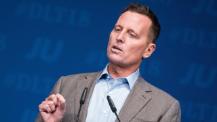
Zoff um Nato-Ausgaben
Trump-Botschafter erhöht Druck auf Deutschland
Nach US-Vize Pence und Richard Grenell üben nun auch deutsche Politiker Kritik an Deutschlands Verhalten in der Nato.
BILD: Were you surprised by how hostile politics is, in part, towards you?
Grenell: “No, not at all.”
BILD: Why not?
Grenell: “First of all, I don’t care what people say negatively about me. That probably stems from the fact that I faced death with cancer. I say this very politely. I have plenty of friends. I’m surrounded by a lot of people who have all sorts of different views. I come from L.A. and I’m gay. So a lot of my friends are very liberal (laughs) and have very diverse views. I really enjoy debate. You have to be very open for this and not cagey about your views. Otherwise, there can be misinterpretations. The directness is super important.”
BILD: Even regarding issues on which everybody was thought to agree – such as the 2 percent aim for defence spending – why are these things so controversial within German politics?
Grenell: “It seems hypocritical to say that we should reform NATO while not aiming for the 2 percent. Another thing that surprised me is how many German politicians try to talk about the 2 percent as a mere aim, but not a true commitment.”
BILD: Do you think that Germany is moving away from its alliance with the West?
Grenell: “Germany is a country that doesn’t want to participate in war, because it has seen the effects in a very real way. On one level, this makes a lot of sense. But the lesson that the Germans draw should not be wanting to be friends with everyone and having a moral equivalency viewpoint. That saddens me, because I think that the lessons of World War II should be that the Germans are the first to recognize a madman gassing children in Syria.”
BILD: Because of the promise: “Never again!”?
Grenell: “The Germans should be the first to say: That is a madman, gassing children, and we want to help a coalition – or lead a coalition – to stop that, because we’ve seen this before. When Assad gassed children, it was the French, the British, and the Americans that went in. And it was the Germans who said: We don’t like war, we’ll stay out.”
BILD: What would Nord Stream 2 change in Germany and Europe?
Grenell: “We need diversification. Especially at a time when we see the Russians on the march. We see the Russians using chemical weapons in the UK, we see the Russians shoot down a passenger airline jet, killing 298 people in Ukraine, we see the Russians grab Crimea; they’ve interfered in elections throughout Europe, and have helped Assad. The Russians have turned off gas in the winter several times. We just don’t think you can trust the Russians.”
BILD: You are Donald Trump’s man in Berlin. What attracted you to this job?
Grenell: “One of the reasons I signed up for working for President Trump early on was because he was somebody who taught me to learn the lessons of the Iraq War and to think differently about issues and to not get locked into a traditional Republican or Democrat foreign policy thought process. He really didn’t want to be the Washington type that had to stick to a typical language. He said like any other President before him that he would move the embassy to Jerusalem. And when he did it, everyone was shocked, because it was suddenly like: ‘You’re supposed to promise that, but you’re not supposed to deliver on that. That’s what we do in Washington.’ One of the reasons I signed up for Trump is that he teaches me to think differently. At the United Nations, I worked on the North Korea issue and the Iran issue for a very long time. We were stuck in this pattern where it was sanctions, reactions, sanctions, reactions, and nothing was really being done to solve the problem. When President Trump came in and saw that the process with North Korea was not going well, he said to the Chinese: ‘Hey, can you implement the sanctions and bring them to the table?’ And then the Chinese did, and the North Koreans came back to the table, and President Trump announced that he would meet with the North Koreans, and everybody freaked out, because they thought: ‘Why are you talking to the North Koreans?’ His attitude was: ‘We have the toughest sanctions on them, but we’re going to talk.’ So this is a long answer to say: I’m very proud of the same policy that President Trump has on Iran.”
BILD: It’s a two-pronged policy.
Grenell: “He said (and it didn’t get a ton of fanfare): ‘I’d sit down and talk to the Iranian regime. I would do it.’ And yet we have the toughest sanctions on Iran. I think what’s developing is that the Trump doctrine is this dual strategy, this dual approach, of very tough sanctions, while at the same time offering a pathway to talk, to see and test constantly if they’ll change their behaviour. We see it with North Korea, we see it with Iran … And I think we see it with Russia.”
BILD: Iran, Nord Stream, NATO, Huawei – with respect to which issue does the German position worry you most?
Grenell: “I’m really bad at picking one priority. I pride myself on being able to do a bunch of things at the same time. So I’m working hard on all of them. I think President Trump would say: all of these issues.”
Kim bettelt um Spenden für Papa und Opa
Die Sanktionen drücken und Kim scheint kaum noch Geld zu haben. Alles fließt in sein Raket…


